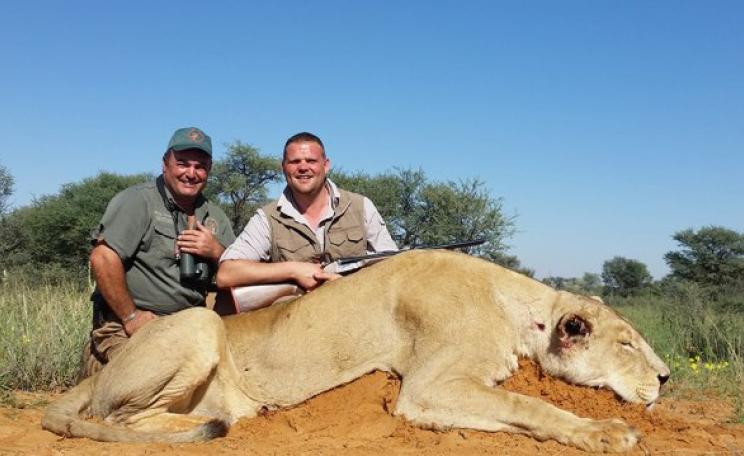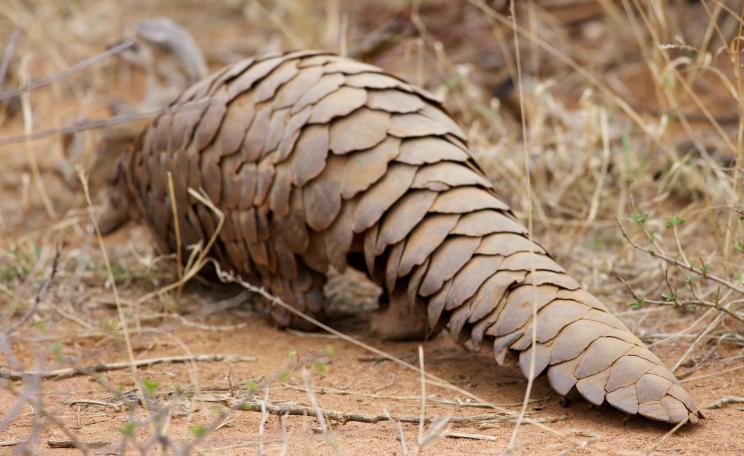-
The illegal trade in products from endangered species is on the rise, and the UK’s exit from the EU raises questions over our participation in different international information sharing schemes on the illegal wildlife trade (IWT).
The illicit trade in protected animals is estimated to be worth up to £17 billion a year. It is the world’s fourth most profitable criminal enterprise. It is often undertaken or supported by corrupt officials, criminal gangs, and even terrorist networks.
The IWT consists of three main components. First, the illegal poaching and processing of animals and plants in their source country. Second, the transportation of the goods to destination markets. Finally, demand for the goods in destination countries, typically in developed and East Asian countries. It is focused on mammals, reptiles, corals, birds, bony fish and others, increasing the risk of extinction of these taxa.
Policy
The UK Government has been active in introducing new policies to thwart the IWT in recent years, for example the Royal Assent of the Ivory Act and funding for the Illegal Wildlife Challenge Fund andnd the International Biodiversity Fund of £220 million unveiled late last year.
But we can and must do more. In Bright Blue’s new report, Global green giant?, we put forward ambitious new policies to combat the IWT.
The US Magnitsky Act 2012 allows their government to sanction individuals implicated in gross human rights abuses by freezing their assets. The UK passed its own version in 2018.
Similar legislation should be enacted to sanction those who are suspected of committing gross species and habitat destruction, with the type of sanction and authority to enact them at the discretion of the UK Government.
Organisations, just like individuals, can also become implicated in the IWT. In 2018, the Department for International Development and the Foreign Office jointly launched The Wildlife Financial Taskforce with The Duke of Cambridge. It consists of representatives from thirty international banks and financial organisations and aims to increase investigations and prosecutions relating to the IWT.
Duty
Membership of The Wildlife Financial Taskforce is currently voluntary. In contrast, there is a compulsory statutory duty for some organisations to prevent slavery in their supply chains, created through the Modern Slavery Act.
This obligation applies to commercial organisations which have a turnover of £36 million or more. A similar framework could be used for mandatory monitoring of financial flows that may stem from the IWT.
Our departure from the EU, specifically the EU-TWIX, programme, risks undermining efforts against IWT. EU-TWIX is a major enforcement programme with a database containing over 55,000 wildlife-related seizure records from EU member states since 2000.
In 2015, the UK Government provided £50,000 for the EU-TWIX programme. It is vital for the UK’s role in tackling the global IWT that the UK retains access to this database.
There is no formal framework for intelligence sharing between Commonwealth countries to address the high rates of IWT that occur in member states.
In 2013, 23,145kg of ivory was removed from the black market in Kenya, whilst in the same year 343 poachers were killed in South Africa, and 31 elephants and 41 rhinos were poached in India.
Ambition
For a few months more, the office of the UK Prime Minister is the Chair-in-Office, a position held by the leader of a Commonwealth country on a two year basis.
The UK should use this leadership position to push for a Commonwealth version of the EU-TWIX programme.
With a pragmatic and ambitious course of action, the UK will be able to be a global leader in thwarting the IWT.
This Author
Patrick Hall is a researcher at Bright Blue, and author of the report ‘Global Green Giant?’.




